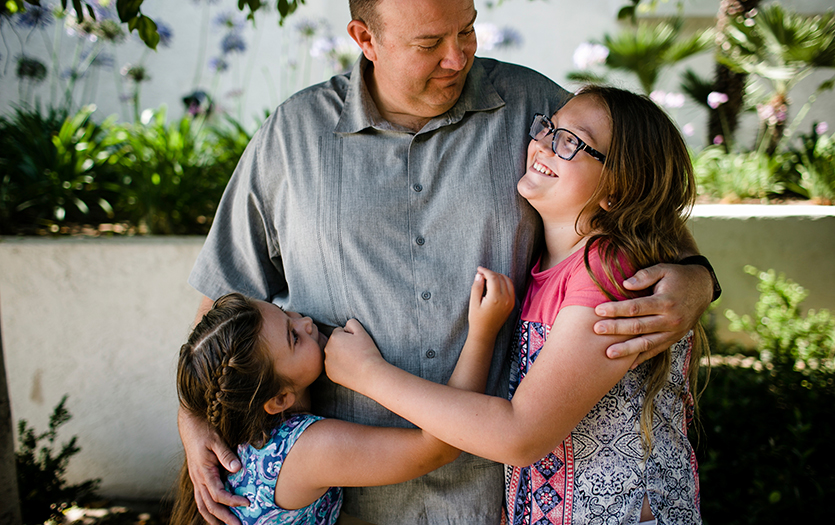Ryan Singerman, DO, PPG – Weight Management & Bariatric Surgery, offers an overview of the role our family tree plays in our body shape and size.
People come to Weight Management from all walks of life, and we often share a point that is both a relief and a challenge to hear: It's not all their fault when someone has achieved an unhealthy body weight. This can bring up a lot of emotions, from confusion to frustration. While no one else is putting food in the patient’s mouth or forcing them to drink sugary beverages, the factors that play into obesity are more complicated than calories in and calories out.
The variations
From a scientific standpoint, we have found there are roughly 57 different types of obesity. These stem from:
- Genetic causes
- Physiologic causes
- Hormonal influences
- Different disease states
- Medications
- Nutrition
Most people are not just one specific type but rather a mixture of multiple types.
Blame
It’s common for overweight individuals to feel like it’s their fault they are in the condition they are, but that isn’t necessarily right. There have been some phenomenal studies with twins who were separated and put into different families, and they found that if they had a family history of unhealthy body weight, it had a 70% influence on their unhealthy body weight, despite the environment they were in.

Additionally, we used to think that genetics were written in stone. But we're learning more about the human genome and discovering that this might not be true.
So, when we try to help people lose body weight, we're not looking at it just for the individual, but frankly, for the benefit of a whole society. We want to impact the health of people in regard to body weight for today and future generations.
To learn more about the resources available to you at PPG - Weight Management & Bariatric Surgery, including free seminars, call 260-425-6390 or fill out this form and one of our care team members will contact you with more information.



